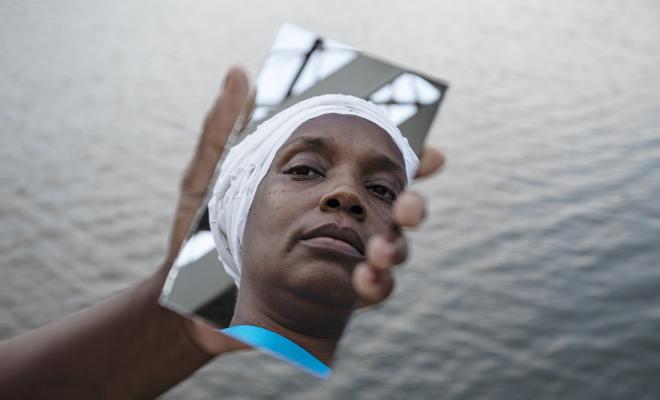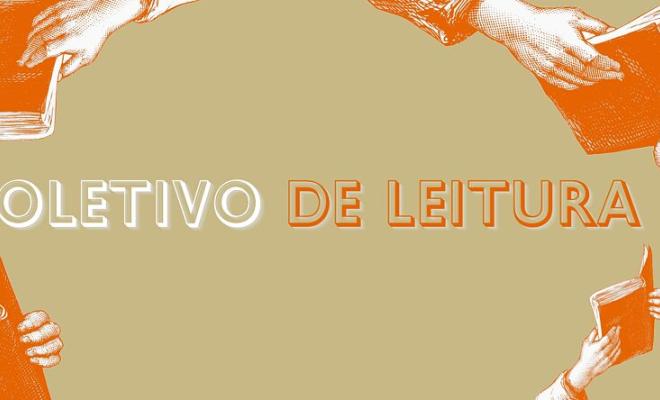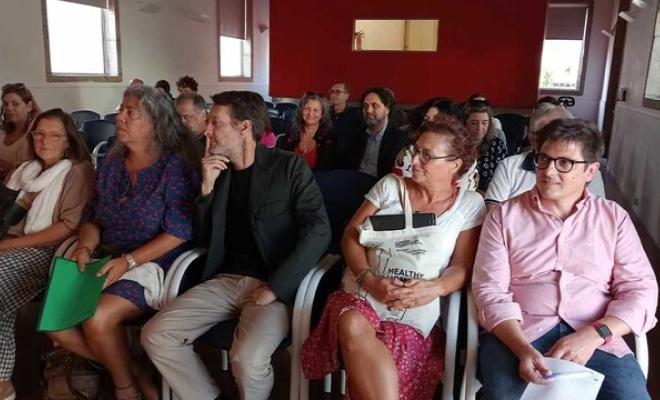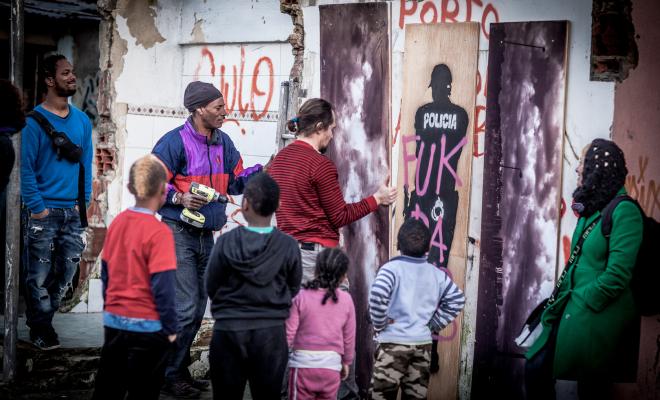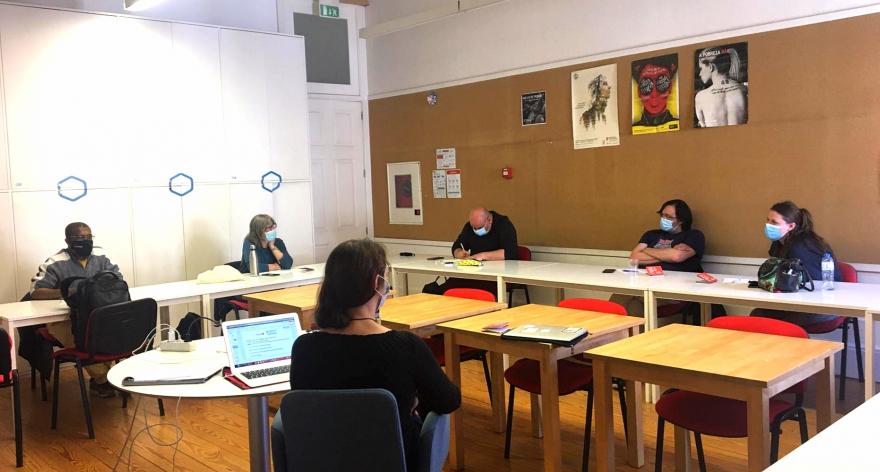
The Portuguese Network of the Anna Lindh Foundation was formed in 2005 simultaneously with the creation of the Anna Lindh Foundation itself.
Since then, we have grown from the initial 11 to 60 organisations, expanding the areas of intervention, consolidating little by little the notion of “network” among its members and looking for new forms of intervention to disseminate Anna Lindh Foundation’s values and objectives.
The Network works to improve the possibility of exchanging processes of collective construction, focusing our field of intervention in interculturality and dialogue, which today constitute phenomena that require a special understanding of social relations and communities at a global level.
We empower our community through activities that promote intercultural dialogue and equality and fight extremism and intolerance.
We intend to keep motivating and broadening the participation of our members and expand our network to increase the impact of our work.
Rua Nova do Loureiro
77
1200-294 Lisboa
Portugal
Aequalitas intends to guarantee the continuity of the previous work of former Heads of Network MEDesTU, MultiCulti, ACERT and Centro Nacional de Cultura through persistence in the work of motivating, stimulating and expanding the participation of its members, but also in expanding the network (over 40 members, expanding as well as the possibilities of financing its members) to improve the possibility of exchanging collective construction processes, giving increasing importance to interculturality and dialogue, which today constitute phenomena that require a special understanding of social and community relations at a global level.
